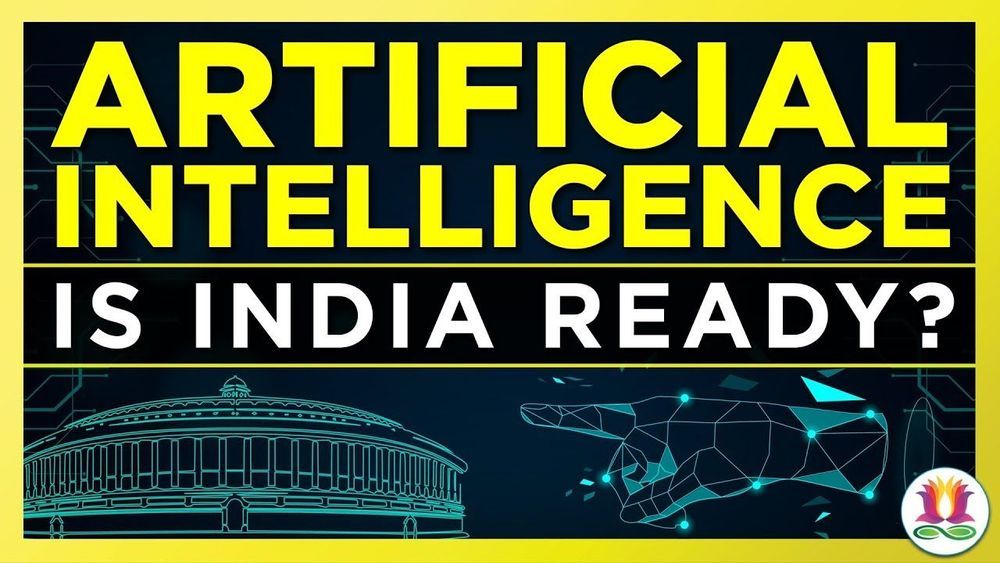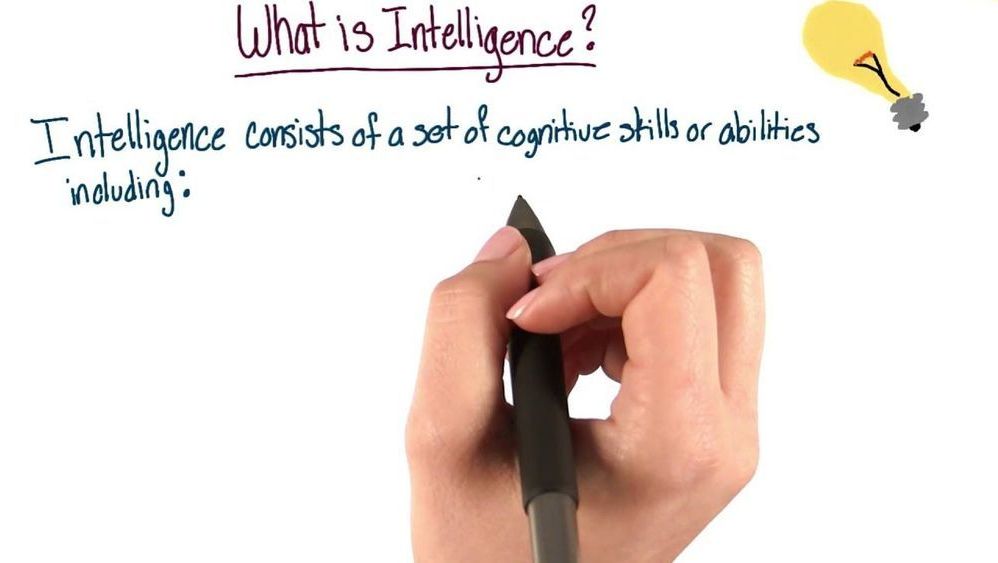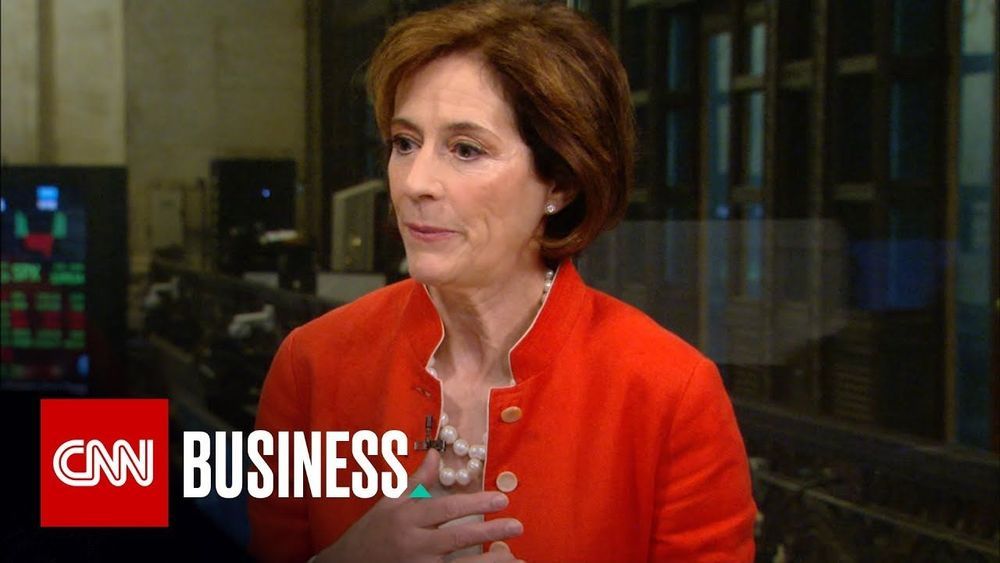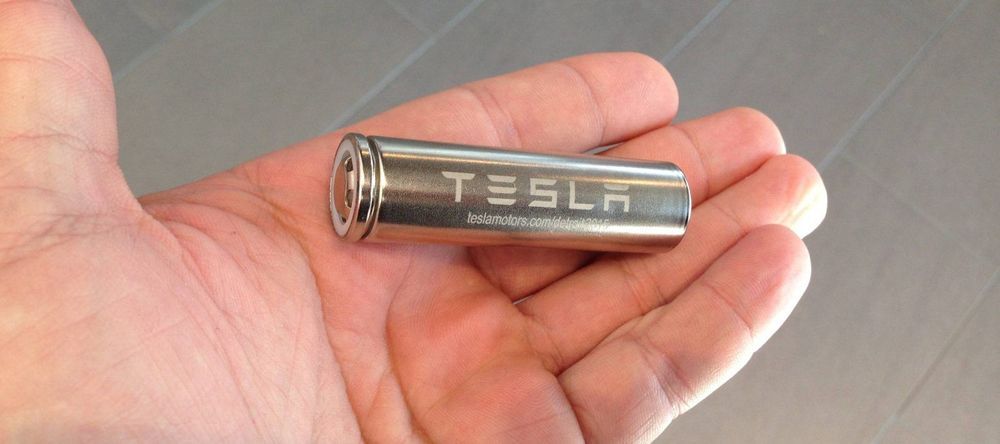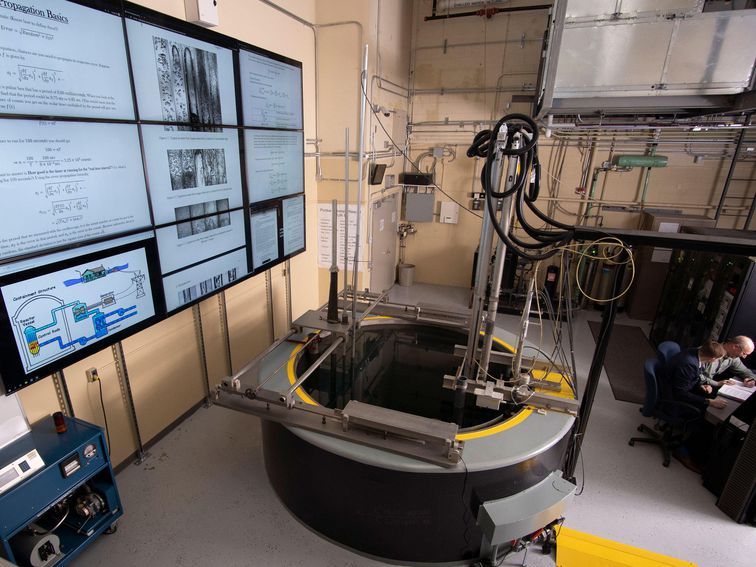Sep 15, 2019
Artificial Intelligence and India
Posted by Müslüm Yildiz in categories: economics, education, engineering, food, government, health, internet, robotics/AI
The competition between the United States and China on artificial intelligence is heating up recently. In the coming AI Race, can India with an abundance of engineering talent really catch up with the US and China?
Artificial Intelligence, Machine Learning, Robotics, and The Internet of Things (IoT) are one of the rapidly advancing technological developments. The rate of progress in the field of these is amazingly rapid. From SIRI to self-driving cars, artificial intelligence is changing our daily life in many ways.
